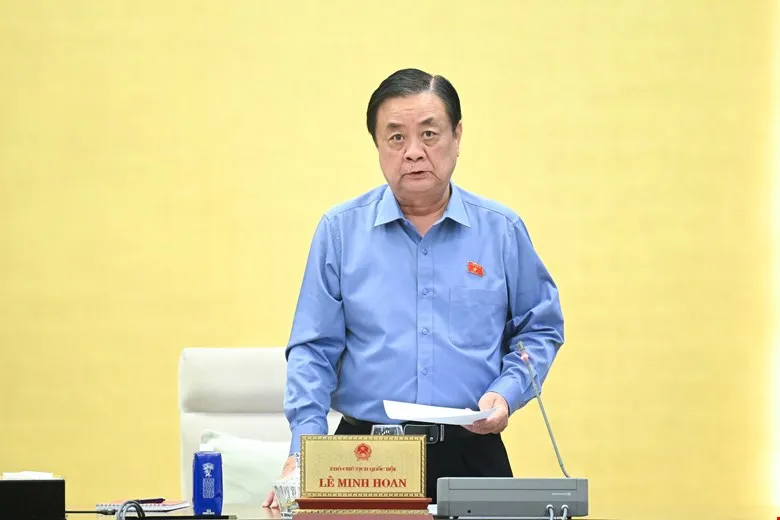
This is one of the important additions and revisions in the draft Law amending and supplementing a number of articles of the Law on Economical and Efficient Use of Energy.
According to Mr. Le Quang Huy, the revised draft law clearly defines "energy service company" (ESCO) and energy efficiency contract as the basis for customers to pay energy service companies when implementing energy saving projects.
In particular, provinces and cities are responsible for developing annual and five-year plans for energy efficiency and conservation based on their socio-economic conditions. Provincial People's Committees are responsible for developing and promulgating a list of key energy-using establishments once a year, and sending it to the Ministry of Industry and Trade for synthesis.
Major energy-using establishments must apply the energy management model as prescribed by the Ministry of Industry and Trade and maintain an accurate metering system to monitor energy consumption. The Ministry of Industry and Trade will preside over the promulgation of regulations on the development and implementation of annual and five-year energy-saving and efficient use plans, as well as prescribe periodic reporting forms for these establishments.
The draft law stipulates that resources for energy saving and efficiency activities include the state budget, socialized capital sources and other legal sources. In particular, Article 41a of the draft law on the Fund for Promoting Energy Saving and Efficiency has been revised to be a non-budgetary state financial fund, operating not for profit, with the function of mobilizing capital, lending, investing and entrusting to promote energy saving and efficiency activities nationwide. The Prime Minister will decide on the establishment, organization and operation of this fund in the direction of socialization and financial independence.
According to the draft law, organizations and individuals investing in the production of energy-saving products and materials or upgrading energy-saving technology will enjoy more comprehensive incentives on taxes (export, import, corporate income), land, preferential loans from national funds and programs, as well as technical support (audit, research, consulting). The Government regulates the encouragement of investment, conversion to energy-saving technology, and reduction of greenhouse gas emissions through green credit support mechanisms and green bond issuance.
The law is expected to come into effect on January 1, 2026. Energy management certificates issued before January 1, 2026 will remain valid until December 31, 2030, creating a reasonable transition period.
Source: https://www.sggp.org.vn/du-kien-san-xuat-nang-cap-cong-nghe-tiet-kiem-nang-luong-duoc-huong-uu-dai-toan-dien-ve-thue-von-post798691.html























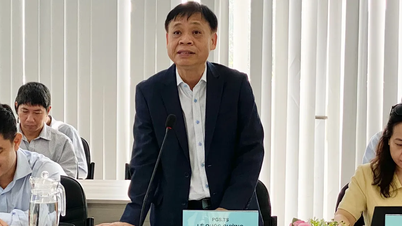
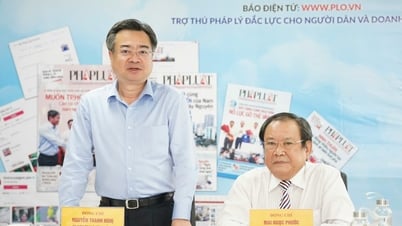

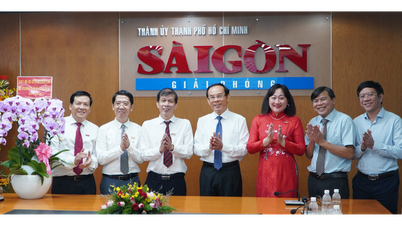






















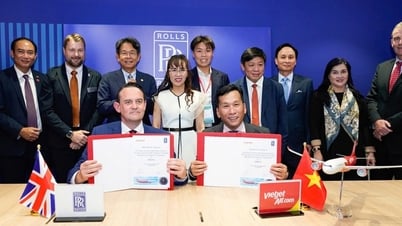

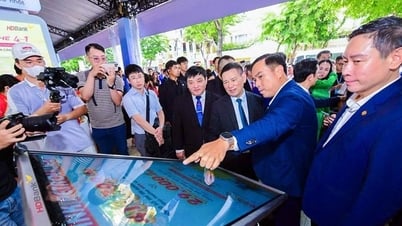

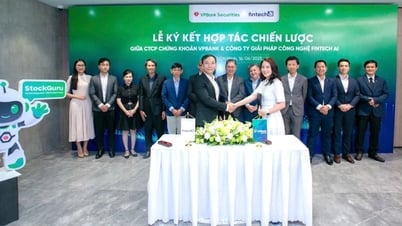





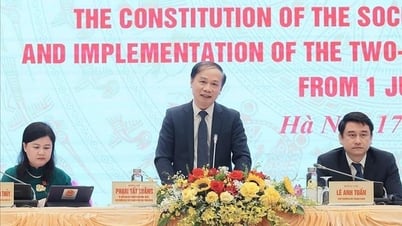






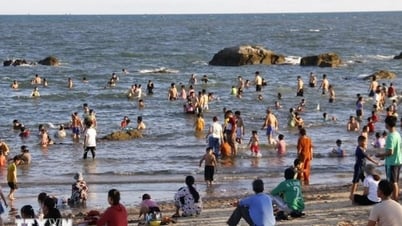



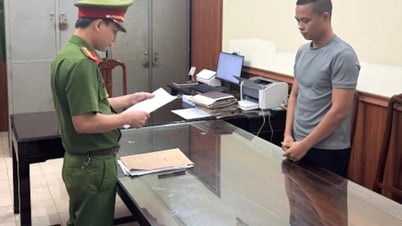



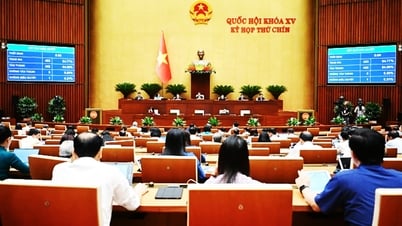












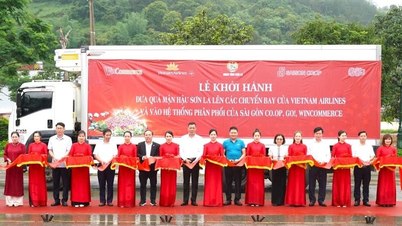

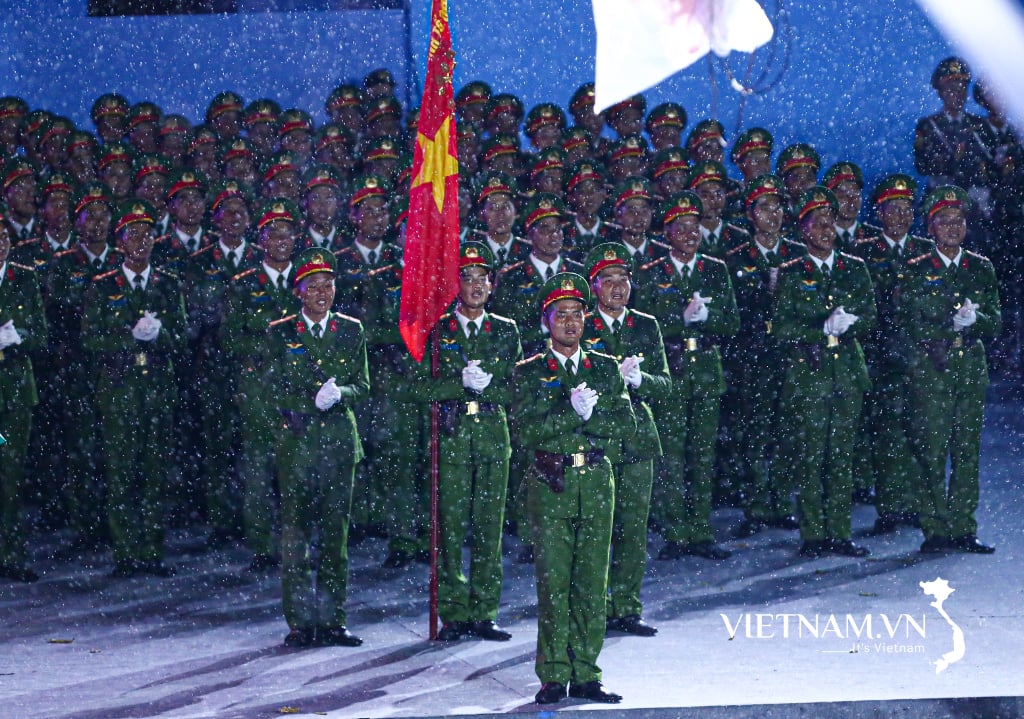


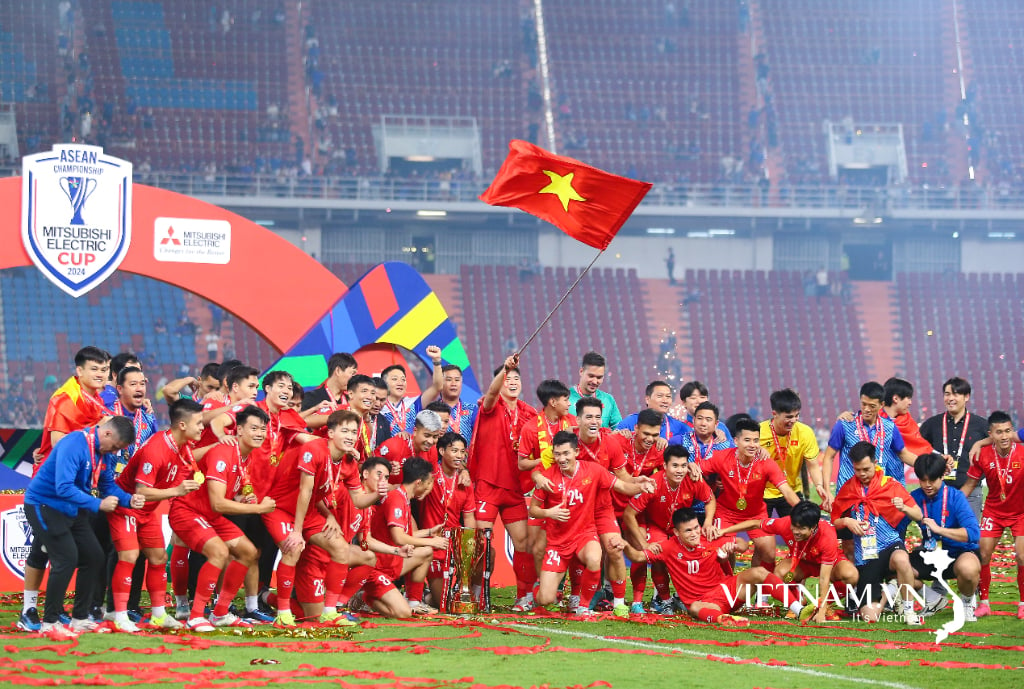
Comment (0)